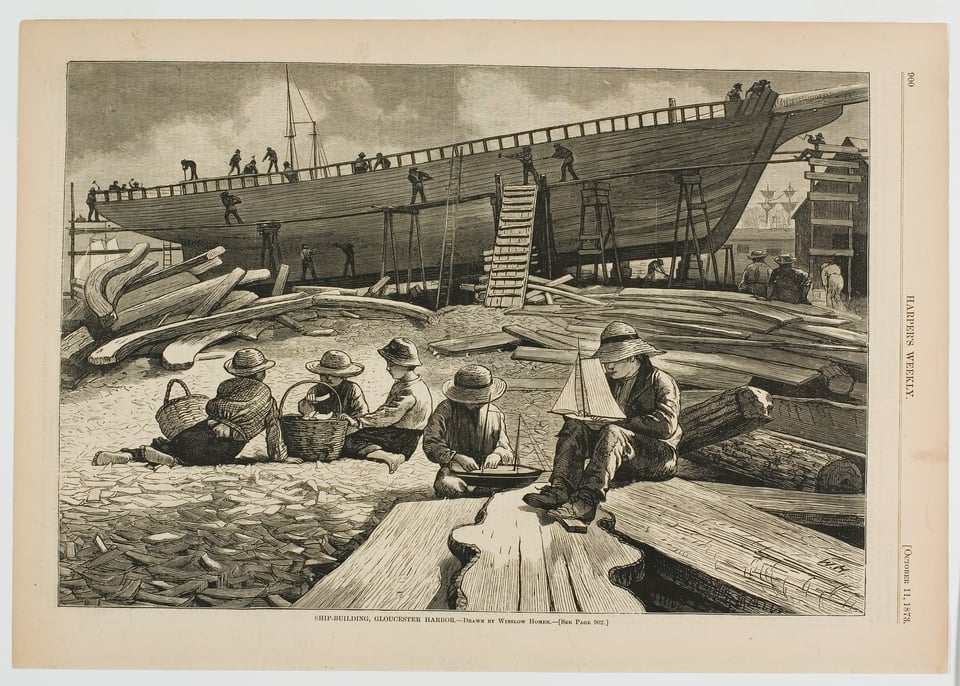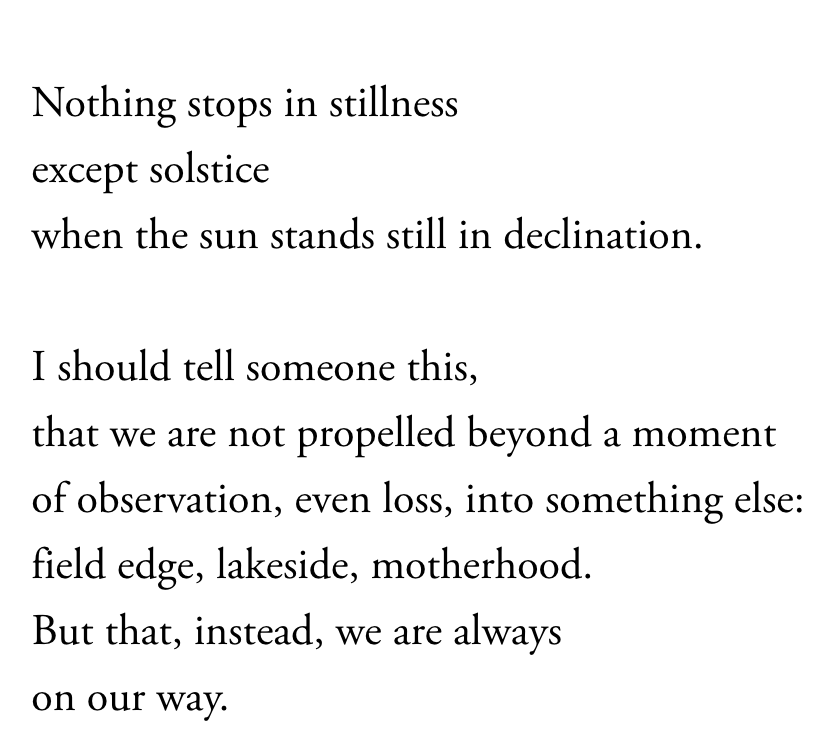Staying creative despite rough seas
Thoughts on art and writing during tough times
Hello!
And thanks for subscribing.
It’s been a while since you last heard from me, likely in one of the online workshops I held last year: How to look at art (for Creative Mornings), 13 Ways of Writing About Art (for London Writers Salon), or the Art of the Editorial Letter (for EFA). I hope you enjoyed the workshop, or learned something from it, and that you continue to feed your curiosity for art and writing.
That’s especially necessary during a season of upheaval, as Jami Attenberg points out. We need culture and we need to indulge in it, desiring and demanding more from it. While we may feel the drive to internally retreat when the waves of the world feel tumultuous, too high, art and books can serve as a rowboat, a vessel that, though rocked by waves, can help guide us to calmer waters if we steer it in the right direction. Notice this isn’t a lifeboat, we aren’t passively awaiting rescue: we do need to row. But we can paddle knowing that the water is constantly swirling around us, that the tides come and go with the moon, that the weather may shift at any moment. Knowing that our panic may drown us and so we are better off dipping our oars in and studying the water, its waves, to see where we might best go.

On a trip to Iceland several years back, I walked out onto a black sand beach and watched the gray waves of the North Atlantic crash ashore and recede, sucking all the stones back into the water with it. Coupled with the wind, the water was so loud I felt like I was trapped in a tv during one of those late-night static breaks. It contrasted the rest of the trip, where everything was quiet, the country and its people still enduring isolation. On the beach, everything looked gray and through the mist, I could see a heavily-laden freighter chugging along on the rough seas. I envisioned the crew being tossed about like on one of those creepy North Sea sailing clips that had become popular during the pandemic, when everyone was stuck inside singing sea shanties. In the videos, the hull of a fishing vessel lifts as the water beneath it swells into a fierce wave; it rolls backwards toward the bow, the stern comes crashing down, flooding the deck, swiping everything not tied down out into the depths.
A freighter may be sturdier, steadier than a fishing cutter, but I still felt queasy watching the cargo ship make its way westward, its hulk a shadow out along the offing. I like to think of that boat when things start to feel rough. About its forward movement. Its appearance in the distance, far enough removed from shore to not need a lighthouse to guide it away from the rocks yet close enough to be able to turn and pull into port if there was a sense of trouble.
Although I’m mixing my metaphors here a bit, the commonality between the rowboat and the cargoship lies in their ability to weather horrific storms and the need for an active captain to steer the ship right. I won’t stand on a desk and recite O Captain, My Captain to you but I will leave you to ask yourself, as we wade out into unknown waters, who is guiding your boat? Where is the port you can seek out in a storm? Consider that your writing prompt, if you’re into such things. Or consider, perhaps, finding a work of art that can offer you the peace of a port when the seas get rough if you just stare at it long enough. Here’s one, a reminder that we are all building the boat, safe in the harbor:

* * *
As I pop back into your inbox after a long absence, I want you to know that I am mindful of the limited emotional bandwidth most of us have these days, and the abundance of marketing emails flooding people’s inboxes. I hope you will find these notes a reprieve and I have a few more planned: on Marc Chagall and Ione Skye and maybe, if I can figure out the roots of his popularity, Takashi Murakami.
If you’d care not to read, feel free to unsubscribe, no hard feelings. But if you’d like to learn more or have a writing or editing project you’d like personal support on, do reach out or book a call. I have a bit of space in my calendar for one-on-ones while I build out the spring workshops and I’d love to help you explore your unique contributions to the culture. In the meantime, I’ll leave you with a stanza, excerpted from the poem, Someone Asks Me to Consider Time, by Carla Panciera:
